April 25, 1894: The Indian Hemp Drug Commission concludes that cannabis has no addictive properties, some medical uses, and a number of positive emotional and social benefits.
April 27, 1937: In a statement before the US House of Representative Ways and Means Committee, Clinton Hester testifies that a Washington Times editorial published shortly before Congress held its first hearing on the marijuana issue argued: "The fatal marihuana cigarette must be recognized as a deadly drug and American children must be protected against it."
May 1, 1972: Nobel Prize laureate for economics Milton Friedman is quoted in Newsweek: "Legalizing drugs would simultaneously reduce the amount of crime and raise the quality of law enforcement. Can you conceive of any other measure that would accomplish so much to promote law and order?"
April 25, 2000: Despite the formal opposition of the Hawaiian Catholic Church, the Hawaii State Senate passes medical marijuana legislation, joining California, Oregon, Washington, Maine, Alaska, and Arizona in shielding medical marijuana patients from criminal prosecution.
May 1, 2003: The Illicit Drug Anti-Proliferation Act of 2003 (IDAPA) is signed into law, among other things amending a section of the Controlled Substances Act to target rave organizers. It shifts the statute's emphasis from punishing those who establish places where drugs are made and consumed, such as "crack houses," to those who knowingly maintain "drug-involved premises," including outdoor events such as rock concerts. In addition to the criminal penalties in the original statute, the amended statute adds a civil penalty, thereby lowering the standard of proof from beyond a reasonable doubt to a preponderance of evidence.













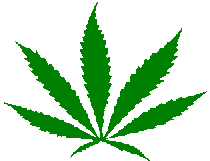


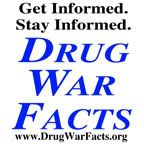
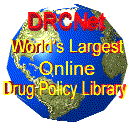
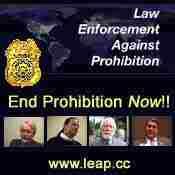
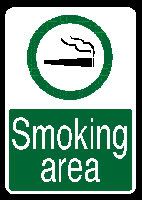

No comments:
Post a Comment